Do you need planning permission for solar panels? This planning expert explains which rules will apply to you
Many homeowners question whether or not planning permission for solar panels will be needed – and our guide is here with the answers
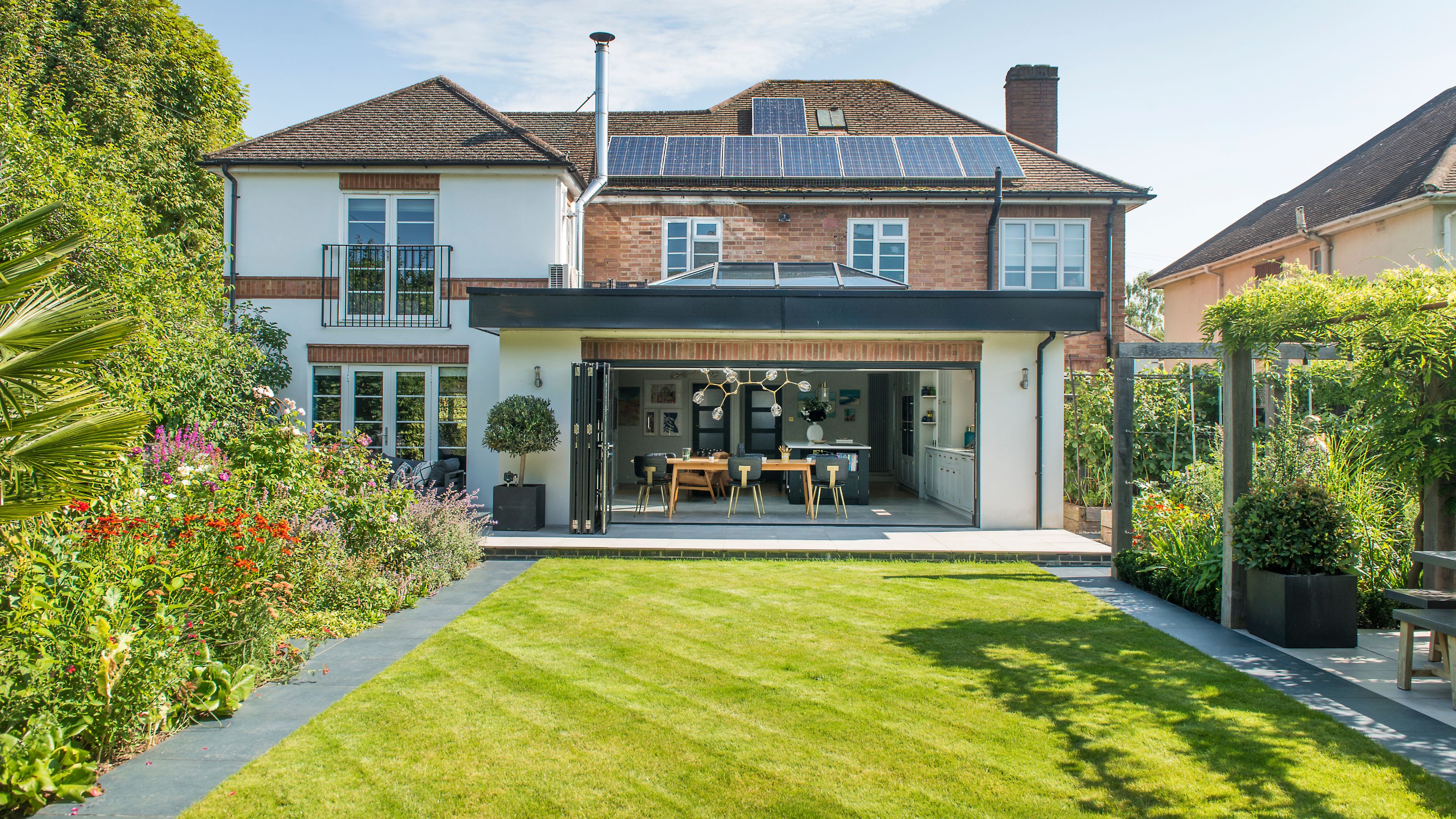

Solar panels are no longer viewed with the same suspicion they once were. They are now one of the most recognisable forms of renewable energy, seen gracing the roofs of all kinds of homes, both old and new.
That said, the issue of planning permission for solar panels can still put some people off.
'The installation of solar panels on domestic properties is an increasingly popular and practical solution for homeowners seeking to reduce energy bills and embrace sustainable living,' says professional planning consultant Simon Rix, founder of Planix.uk.
If you are considering installing solar panels but are worried that you'll have to go through an arduous planning application to do so, our guide is here to answer any questions you might have.
Do I need planning permission for solar panels?
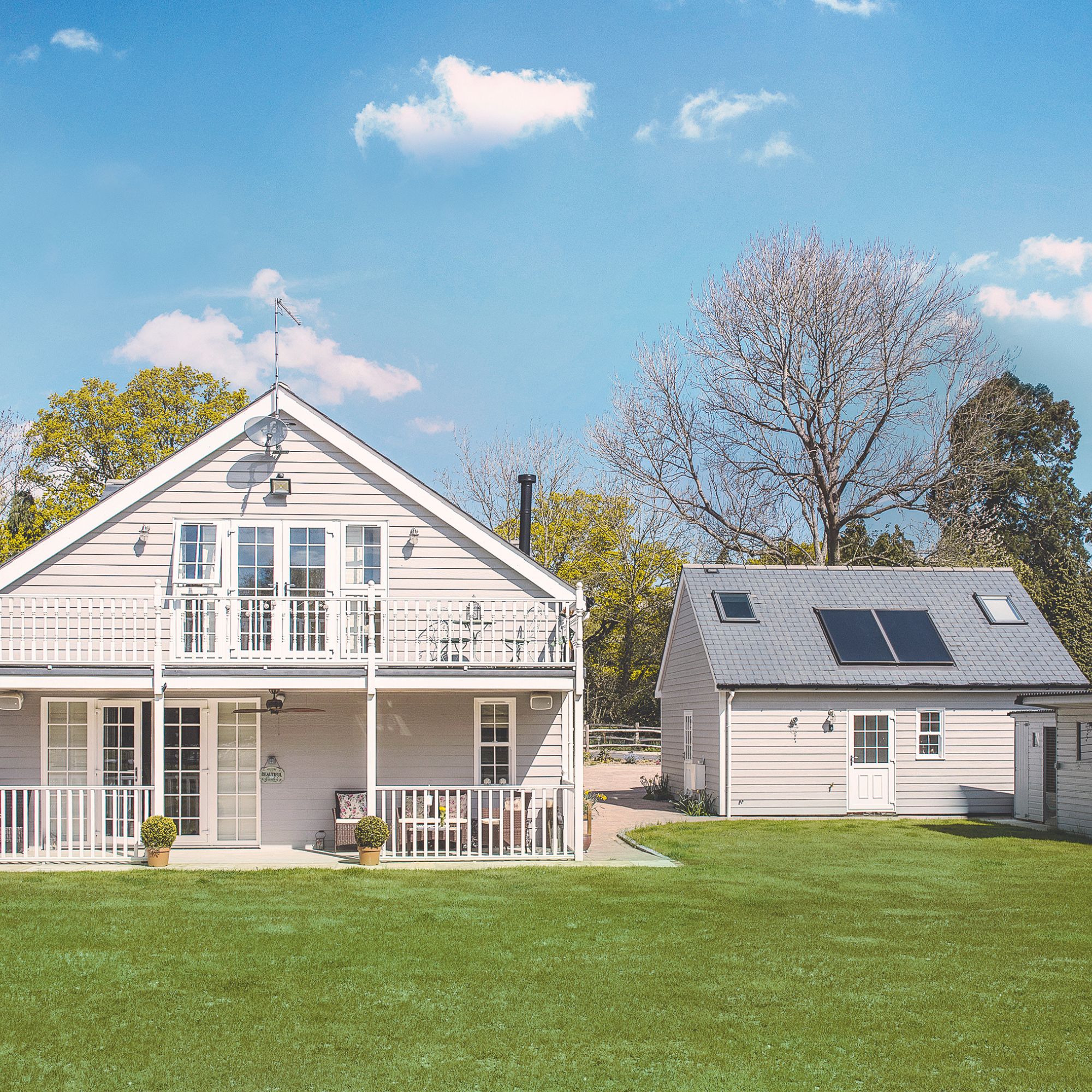
The good news here is that, in the majority of cases, planning permission won't be required in order to install solar panels. In fact, it's one of many home improvements that won't need planning permission.
'Fortunately, under Class A of permitted development rights, most homeowners can proceed without the need for planning permission,' says Simon Rix. 'This applies to houses, bungalows and even blocks of flats, whether panels are installed on the building itself or within its curtilage.'
If you are in any doubt, you can contact your local planning officer to check before going ahead with the project.
Get the Ideal Home Newsletter
Sign up to our newsletter for style and decor inspiration, house makeovers, project advice and more.
'While permitted development rights empower homeowners to embrace renewable energy without the complexity of full planning applications, understanding the associated restrictions remains crucial,' explains Simon Rix. 'As always, for clarity on legislation or assistance with applications, I always say, talk to a good planning consultant.'

Simon Rix is a professional planning consultant, who began his career working in local government in the 1990s. He was a council officer and later an elected councillor, so he knows how the planning system works from both sides. He went on to set up Planix.UK Planning Consultants Ltd; a consultancy company that advises self builders, home extenders and those taking on small to medium-sized building projects on planning permission.
What are the planning rules around solar panels?
While most homeowners looking to make savings on their home energy won't need to worry about planning permission for solar panels, there will always be exceptions.
'It’s important to be aware of limitations, particularly in protected areas,' explains Simon Rix. 'Homeowners in Conservation Areas or Areas of Outstanding Natural Beauty (now called National Landscape areas) must seek prior approval if installing panels on flat roofs. Additionally, installations on listed buildings or scheduled monuments remain prohibited without a full planning application.'
This doesn't necessarily mean that you won't be able to have solar panels installed – but you will have to go through the planning process, or get listed building consent, before you can start installation.
'A notable update came into effect in December 2023 (SI 2023/1279), allowing solar panels on flat roofs to protrude up to 0.6m above the highest part of the roof, excluding chimneys,' adds Simon Rix. 'This extension offers greater flexibility for properties with flat roofs, making solar installations more accessible.'
What happens if permitted development doesn't apply to me?
As mentioned previously, there are certain cases where planning permission will be needed in order to install solar panels, but this doesn't spell disaster – a different approach just might be required.
'Where permitted development rights don’t exist, then a full planning application can of course be made,' says Simon Rix. 'I’ve recently got permission for one of my clients via this route for a set of ground-mounted solar panels within the garden of a listed cottage, which is also in a Conservation Area, so it’s definitely possible.'
In fact, ground-mounted solar panels can be the perfect option for those living in homes that might be restricted in terms of planning permission for roof-mounted panels and may even add value to your home.
'For properties where roof-mounted panels are not feasible, Class B permits stand-alone solar panels within the property’s curtilage,' explains Simon. 'The recent update under SI 2023/1279 also enables stand-alone panels to be installed closer to highways within Conservation Areas, provided they do not exceed 2 metres in height and are subject to prior approval.'
Can a neighbour object to solar panels on my house?
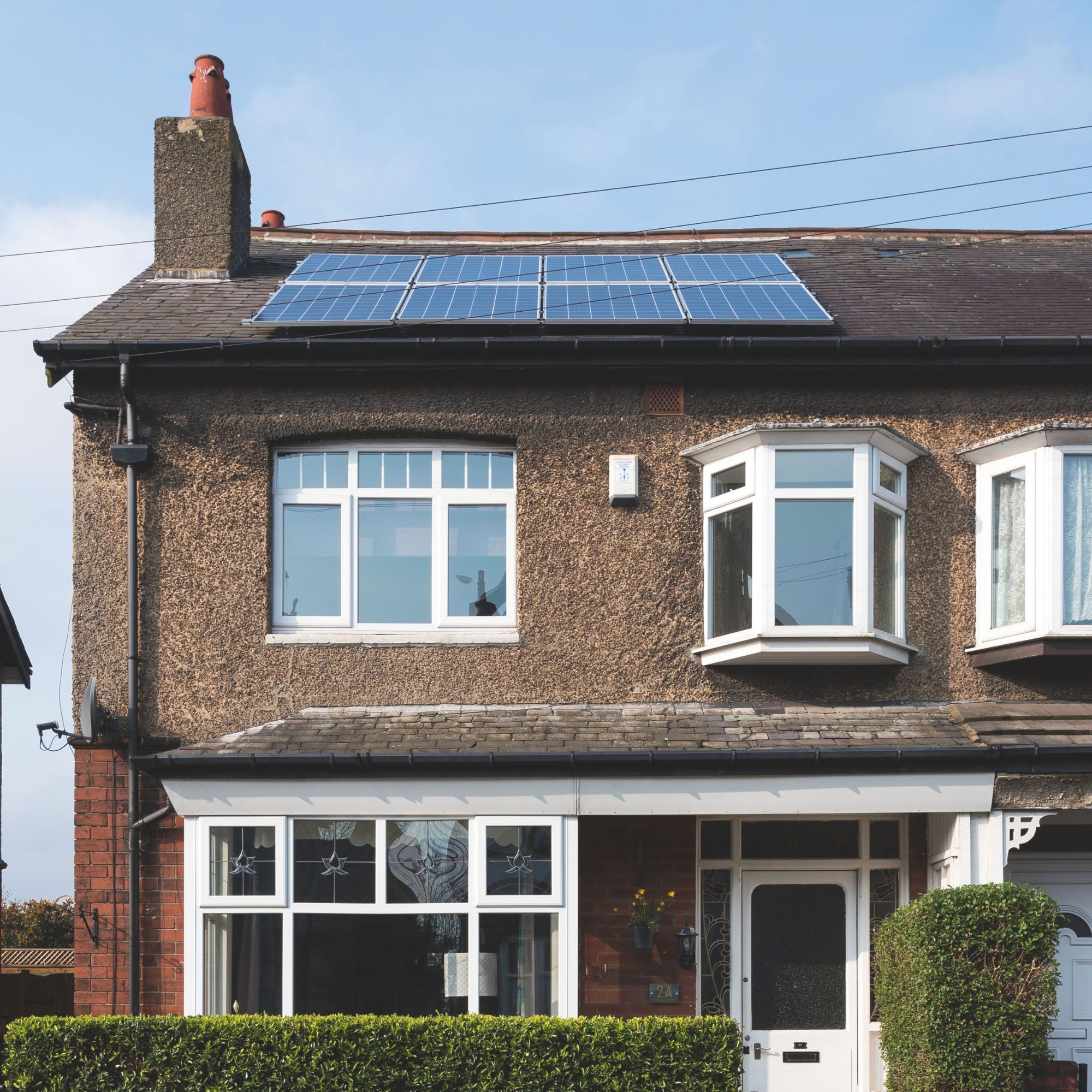
Even after finding out that planning permission won't be required for solar panel installation, many people still have concerns surrounding objections from their neighbours.
Luckily, even if neighbours do raise concerns, providing you stick to your permitted development rights, these objections cannot actually prevent you from going ahead.
That said, even if their objections will have no effect on your project, it pays to inform them of your plans in order to avoid any bad blood, just as is the case with party walls. Discussing issues such as shading and the visual impact the panels might have often goes a long way towards alleviating any concerns.
In some cases, taking steps such as adjusting the angle of panels, can also help.
Do building regulations also apply to solar panels?
While planning permission might not be required in order for you to install solar panels, building regulations approval most certainly will, just as it is for most renovation and home improvement jobs.
The good news is that in most cases, if you use an installer who is part of a Competent Person Scheme for microgeneration technology, they will be able to submit a building regulations application for you.
The building regulations that relate to solar panels focus on structural safety, electrical safety and ventilation, in the main.
FAQs
Can you install solar panels yourself?
If you have been looking into how much do solar panels cost and are keen to make savings, it is now possible to purchase solar panel kits designed to be fitted on a DIY basis. These usually come complete with solar panels, controls, the hardware needed for mounting them as well as the wiring and fixing needed to get them up and running.
If you are a confident DIYer, suppliers of these kits say that they are not overly complicated and they usually come with detailed installation instructions.
Do check with Building Control in your area whether or not they will need to sign off the installation. In some cases, failing to do so could mean you run into difficulties later down the line when you come to sell your property.
If you are considering solar panels as a way of making savings on your home energy bills, don't forget to look into whether or not your insulation could be upgraded – this can have a huge effect on the energy efficiency of a property.

Natasha has been writing about everything homes and interiors related for over 20 years and, in that time, has covered absolutely everything, from knocking down walls and digging up old floors to the latest kitchen and bathroom trends. As well as carrying out the role of Associate Content Editor for Homebuilding & Renovating for many years, she has completely renovated several old houses of her own on a DIY basis.
You must confirm your public display name before commenting
Please logout and then login again, you will then be prompted to enter your display name.
-
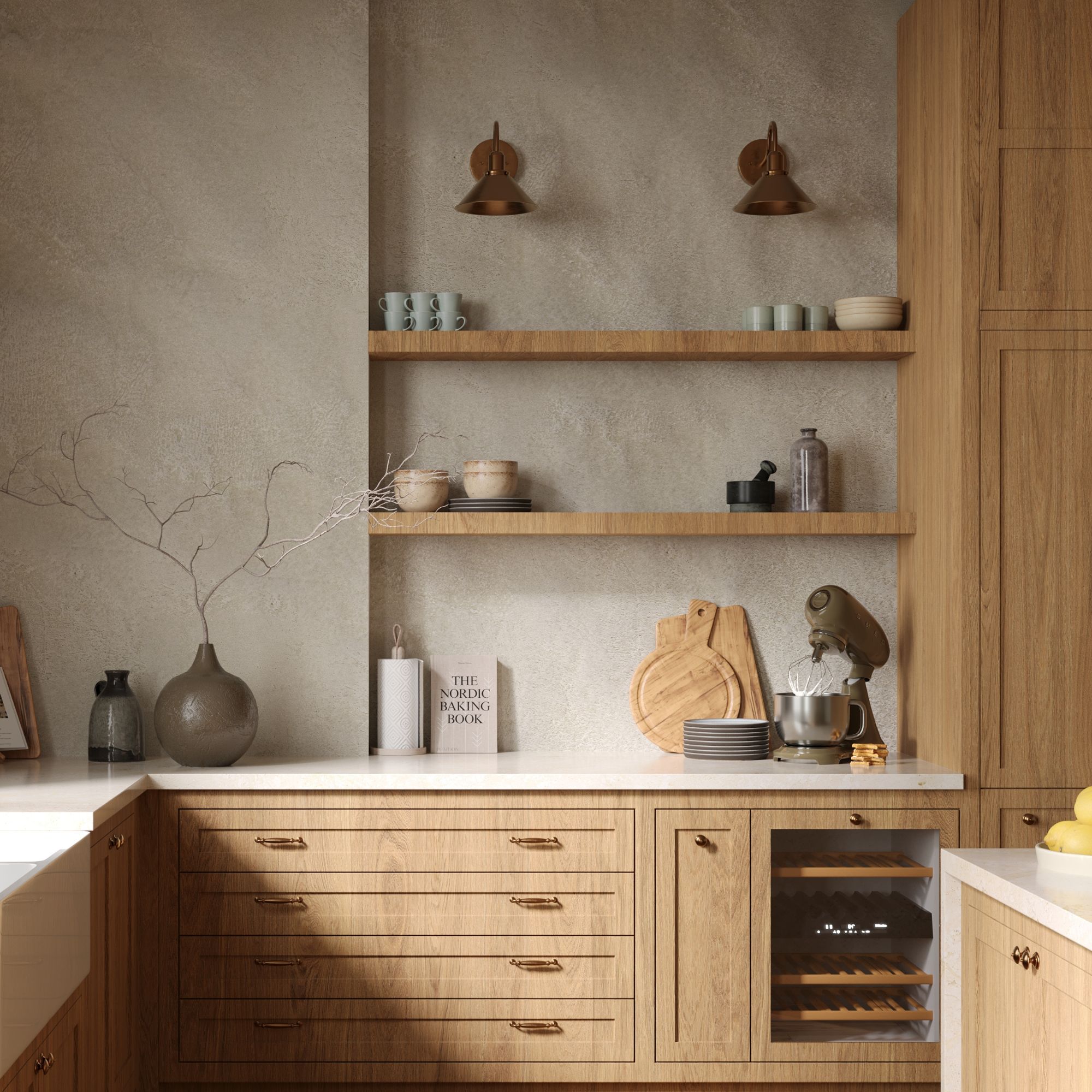 Wood drenching is the calming new twist on the colour drenching trend – here’s how to make the look work in your home
Wood drenching is the calming new twist on the colour drenching trend – here’s how to make the look work in your homeIt’s easier than ever to embrace natural materials
By Maddie Balcombe
-
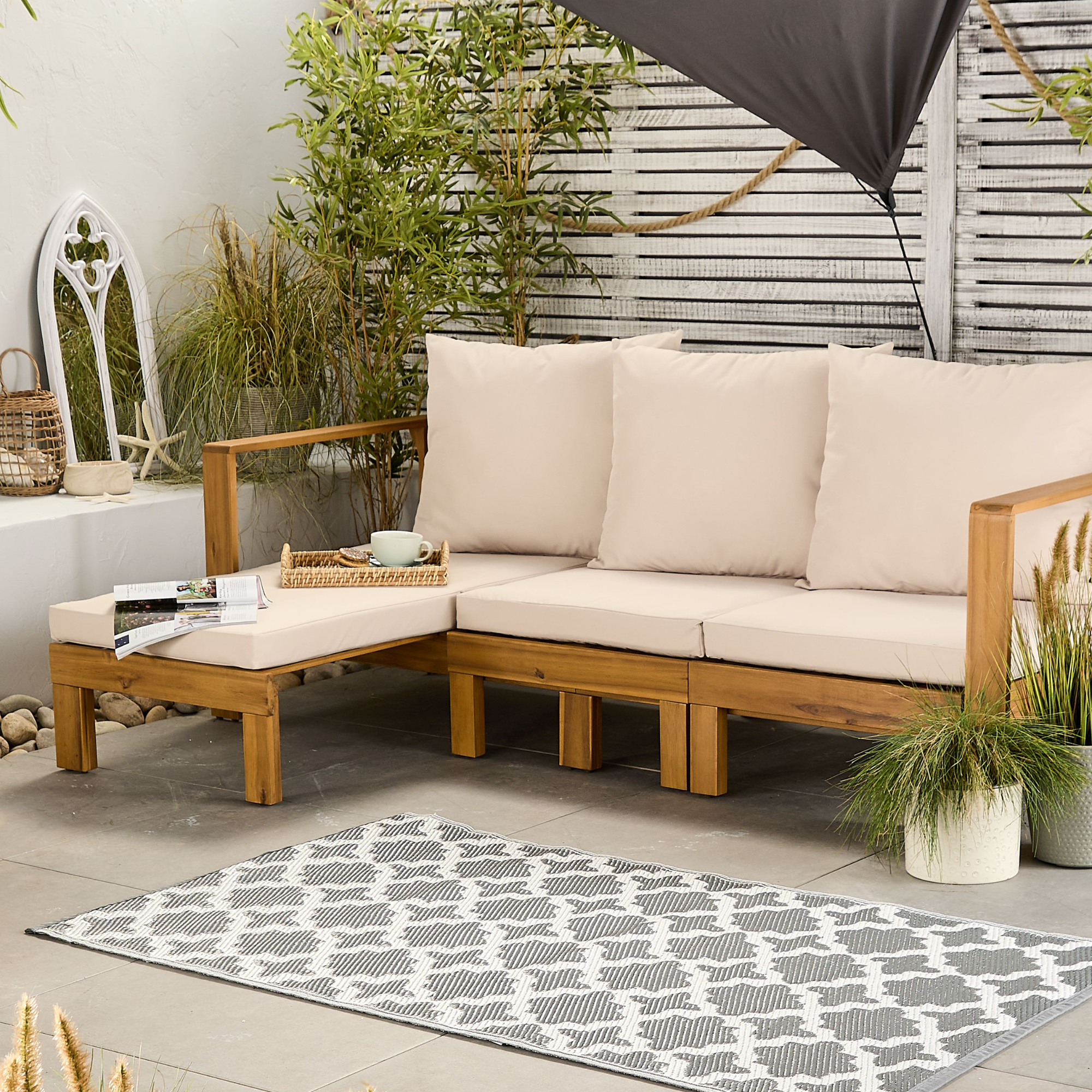 Aldi is launching a £200 day bed with four different features - its sleek design is suited to the whole family
Aldi is launching a £200 day bed with four different features - its sleek design is suited to the whole familyYou don't want to miss out on this Specialbuy
By Kezia Reynolds
-
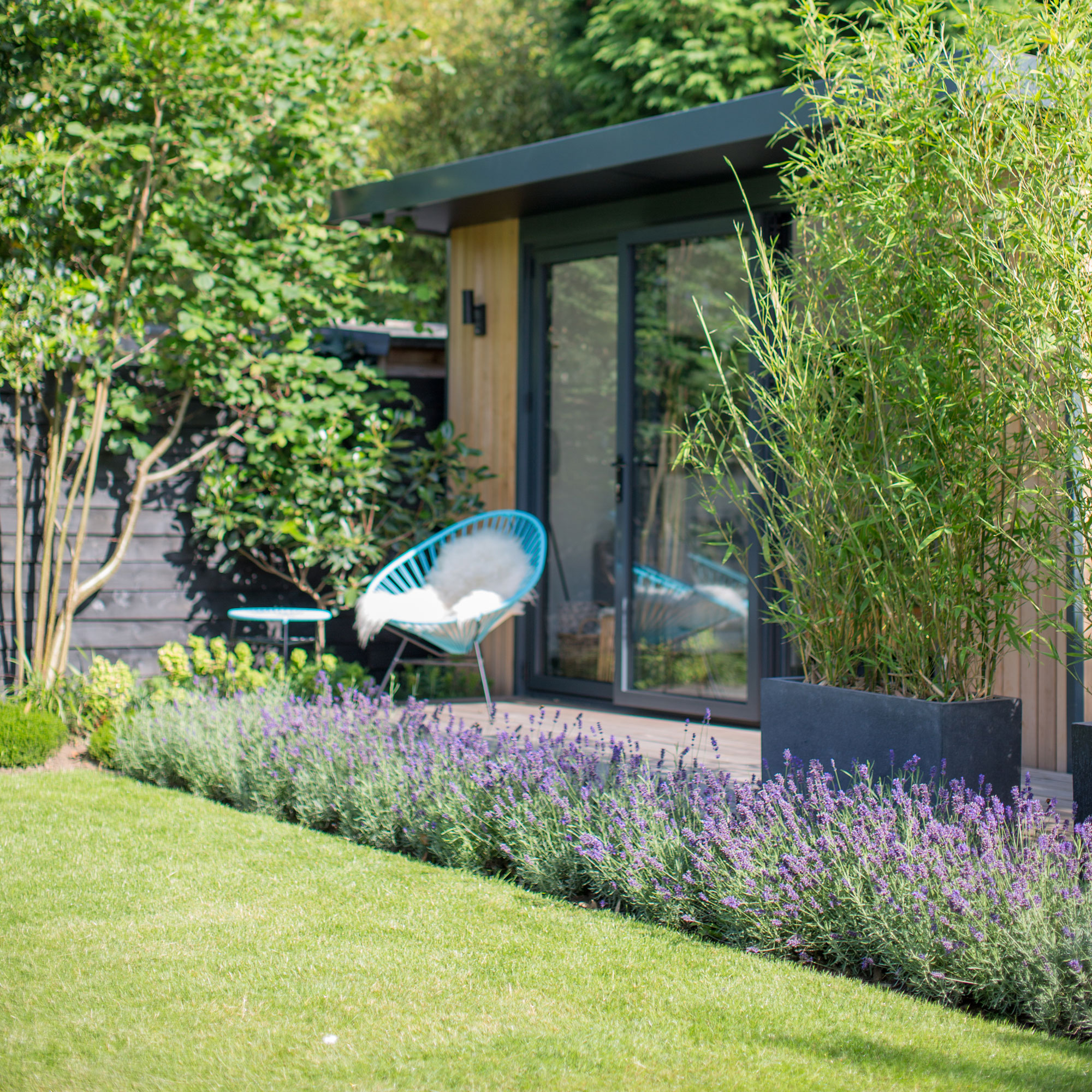 How to set up a drip watering system that saves water and a lot of effort
How to set up a drip watering system that saves water and a lot of effortKeep your plants hydrated (and your water bill down) with this clever garden watering solution
By Natalie Osborn